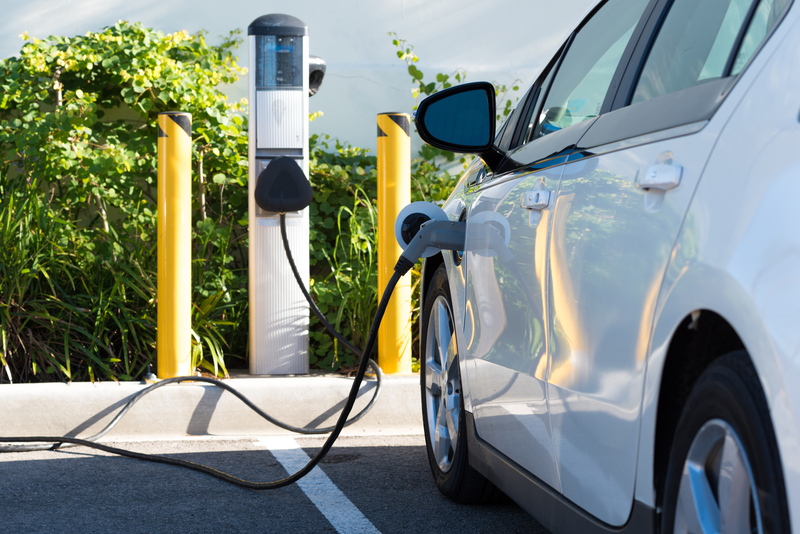The announcement by New Jersey Governor Phil Murphy to ban gasoline-powered cars by 2035 has sparked significant debate. While the intention behind this initiative – to reduce emissions and combat climate change – is commendable, the practical implications and potential unintended consequences of such a ban warrant a closer examination.
What nobody wants to talk about is the costs that will be forced upon New Jersey’s poor and middle class, already the most taxed and stretched in the entire nation.
The feasibility of a complete transition to electric vehicles (EVs) by 2035 is questionable. This ambitious target places immense pressure on both the infrastructure and the market. The EV market is still nascent, with issues like limited range, high costs, and inadequate charging infrastructure. For a successful transition, these challenges must be addressed at an unprecedented pace.
The environmental impact of EVs is not as straightforward as it seems. While EVs emit less pollution on the road, their production, especially the mining and processing of lithium for batteries, has significant environmental costs. The current energy grid, still heavily reliant on fossil fuels, raises questions about the true environmental footprint of EVs.
Phil Murphy was banking on offshore wind energy to power his EV revolution, but the two biggest projects are currently dead in the water. Orsted, a Danish wind energy company that sought to build two massive offshore wind farms have pulled the plug on their projects, leaving Murphy without a tenant and without power.
The economic impact of this ban also needs consideration. The automotive industry and its associated sectors employ thousands in New Jersey. A sudden shift to EVs could disrupt this industry, affecting livelihoods and the state’s economy. Additionally, the cost of transitioning to an all-electric vehicle fleet would be immense, and it’s unclear who would bear these costs – the government, consumers, or the industry.
Then there’s the issue of consumer choice and freedom. Owning a gasoline-powered vehicle should be a personal choice, not a state-mandated decree. While encouraging the adoption of EVs through incentives and infrastructure development is positive, outright banning gasoline vehicles removes consumer choice and could be seen as overreach by the government.
Finally, there’s a concern about equity. Low-income families and individuals who cannot afford the switch to electric vehicles will be disproportionately affected. The state must ensure that its policies are inclusive and do not exacerbate existing inequalities. The switch to EVs will negatively impact young people, poor people, blue collar workers and those already struggling to make ends meet in the state which has the highest taxes and highest cost of living in the U.S.
While the goal of Governor Murphy’s 2035 ban is laudable, its practicality and broader implications must be carefully considered. A more balanced approach, focusing on gradual transition, investment in sustainable technologies, and robust infrastructure development, may be a more practical and equitable path forward for New Jersey.
